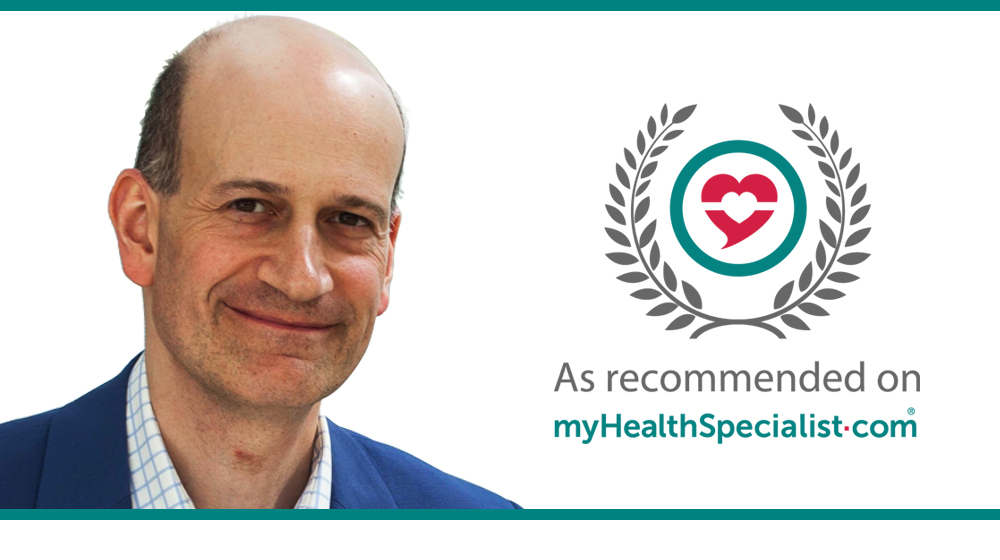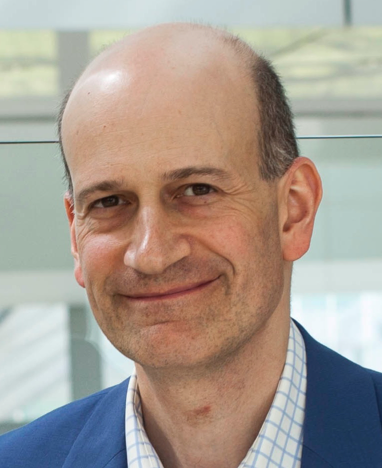
Why did you choose your particular specialty?
It’s endlessly fascinating, combining medicine, surgery and human interaction at what can be stressful times for the patient and her family.
What do you enjoy most about your job?
Giving good news (“It’s not cancer” or “Doing this procedure has prevented you getting cancer”), knowing an operation has gone really well and seeing a patient recover quickly from it.
Also being involved in research that genuinely changes medical practice and talking about my areas of interest and research with the public and fellow healthcare professionals at meetings. The public usually come up with more thought-provoking and challenging questions than the doctors!
What one thing do you wish every member of the public knew?
That most cases of gynaecological cancers can be prevented or at least treated effectively, but you have to be willing to discuss your symptoms with your GP. You are not ‘bothering the doctor’ if you have abnormal vaginal bleeding or an itchy vulva. A small minority of patients with these symptoms will have a potentially curable cancer – it won’t stay curable if you never tell your doctor about it.
What three traits define you?
Humour, thoughtfulness, and empathy – but not necessarily at the same time!
Who is your inspiration?
Numerous other doctors and researchers over the years have inspired me, but it was the encouragement of an enthusiastic biology teacher that started me on my career when I was first started thinking about applying to medical school. Never underestimate the positive effect a great teacher can have on the next generation.
What accomplishment in your life are you most proud of?
Professionally, the UK Familial Ovarian Cancer Screening Study – we’ve been told by doctors across the world that it has changed their practice.
Personally, still finding the time to listen to and play live music with my friends and family.
If you could do another job for just one day, what would it be?
Food critic – but only if I could eat in the best restaurants!
What advances in medicine are you most excited about?
Our increasing ability (using genetics and epigenetics) to predict who will get what disease, allowing us to intervene and prolong healthy life. The challenges will be for society to avoid stigmatising those found to be at risk, and for individuals to avoid boredom once we all live into our 80s with mind and body intact.
What (health) app would you most recommend?
The Cancer Genetics App created by the team at Guy’s and St. Thomas’ – an amazing user-friendly tool for GPs and hospital consultants to identify which patients need referral to Clinical Genetics. Remember you can prevent the tragedy of early-onset breast and ovarian cancer in BRCA1 and BRCA2 carriers – but only if you identify them in the first place.

Mr Adam Rosenthal, Consultant Gynaecologist
Book an appointment with Mr Adam Rosenthal
Read Mr Adam Rosenthal’s latest article: How to avoid delaying the diagnosis of gynaecological cancer